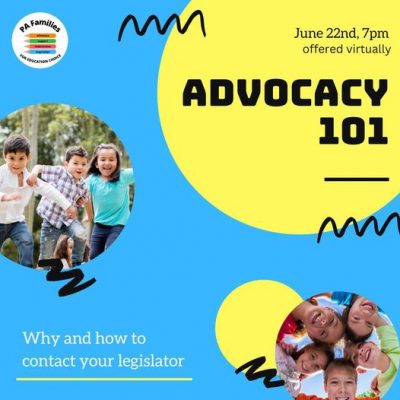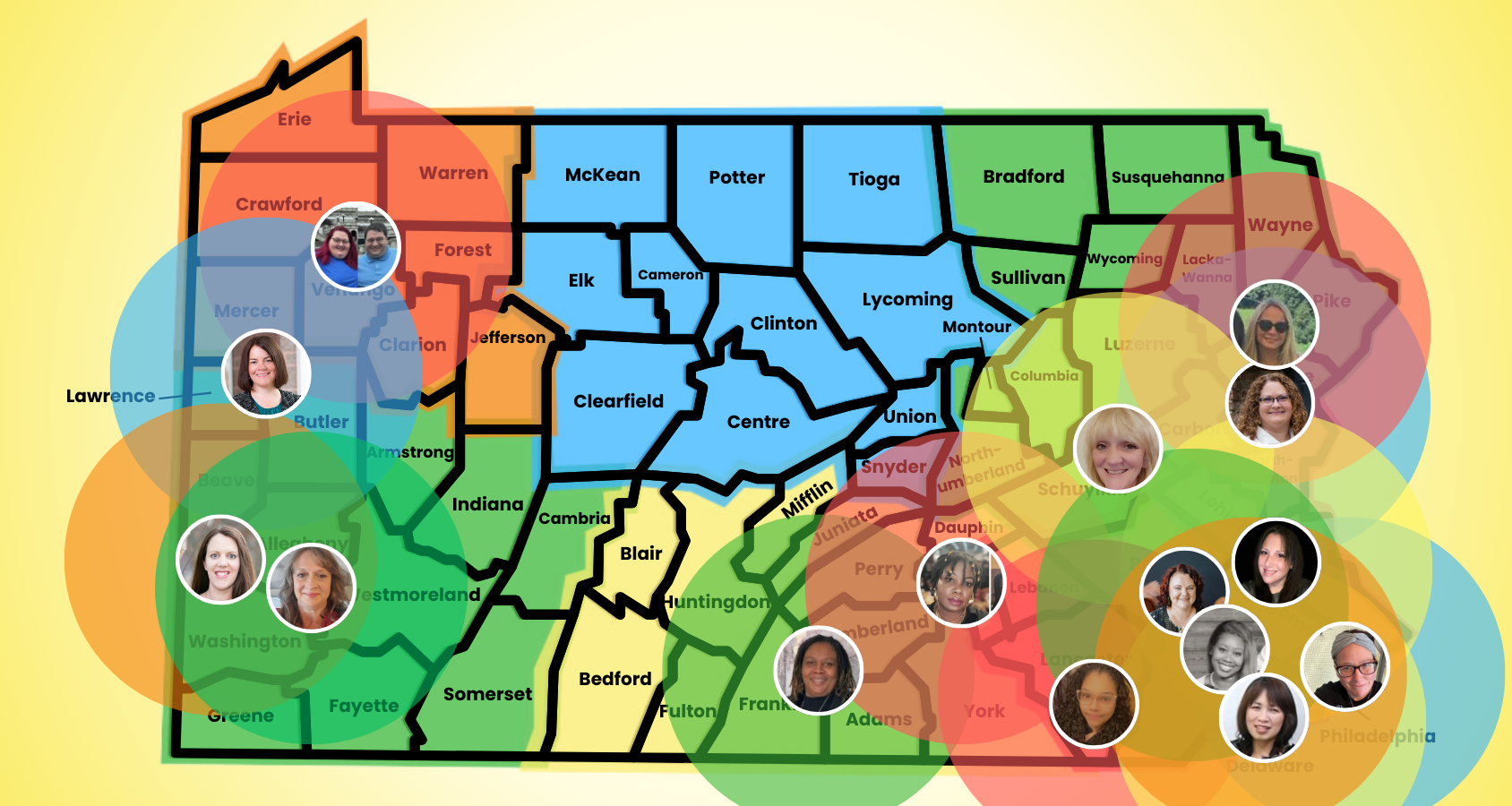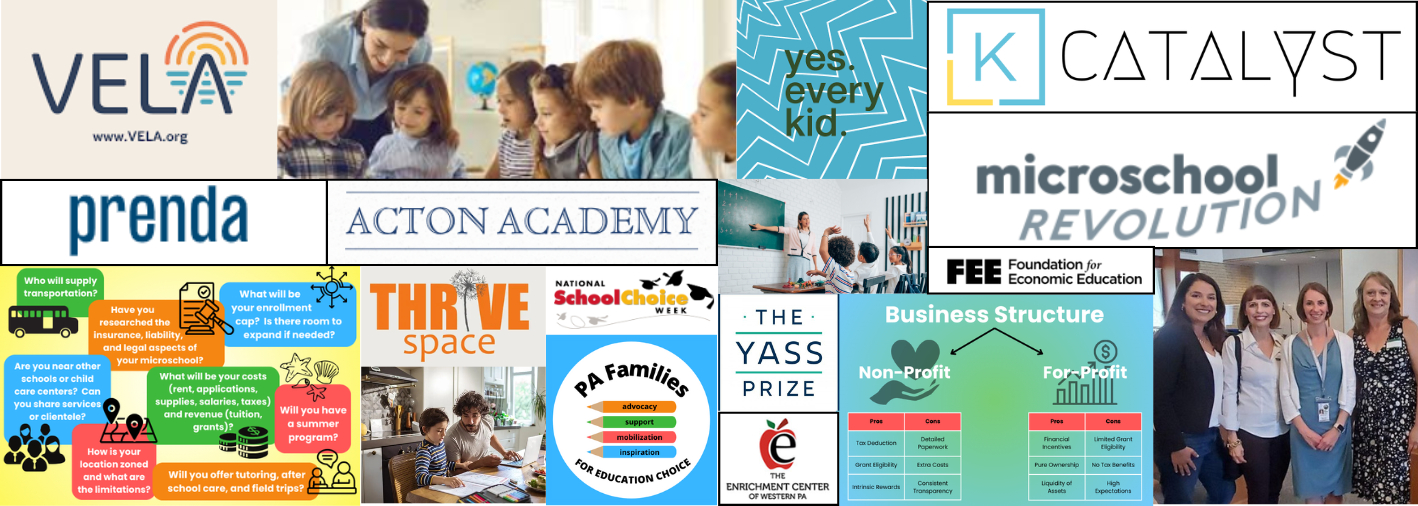Some districts put kids first – others penalize them. This needs to change.
May 10, 2023 | Sharon Sedlar


District schools do not serve all. It’s impossible to serve the needs of every single student within their zip code-defined areas. But they’re still required by law to allow charter and homeschool students residing within their district boundaries to participate in extracurriculars. I have received many reports that policies regarding the availability of extra-curricular/co-curricular activities and social events differ based on the district. It largely depends on how “friendly” the districts are. In my view, it’s a punitive power play.
First – a few definitions:
- Extra-curricular activity: School-sponsored activity that falls outside of the scope of regular curriculum and is not graded, does not offer credit, and does not take place during classroom time.
- Co-curricular activity: Voluntary activity or program that complements what the student is learning in school – in many cases for credit.
The PA Department of Education website’s Purdons page on Charter Schools specifically states:
“The CSL requires a charter school student’s school district of residence to allow the student to participate in the school district’s extracurricular activities if the student is able to fulfill the requirements of participation and the charter school does not provide the same extracurricular activity.
The requirements of participation shall apply equally to charter school students and students attending schools of the school district…
School districts cannot limit participation of charter school students in extracurricular activities on the basis that the activity is fully enrolled with school district students. Charter school students must be given an equal opportunity to compete for spaces in extracurricular activities…
The school district of residence may charge the charter school for charter student participation in extracurricular activities, since these costs were part of the per-pupil payment that is paid to charter schools…”
Whether a homeschool or charter school student, these children live, play, and (sometimes) hold jobs within the community. They volunteer, have friends, and connect with others. While some districts allow these students to participate in extracurricular, co-curricular, and social activities with little thought to those students’ different academic “building” address, others purposely exclude students that they consider to be “outsiders”. A growing trend exists, and policies are being established that specifically state on the flyer or communications that dances and other social events are for “students of XYZ school only”.
For some families, they are told that co-curricular participation is only at the approval of the Superintendent and if space exists in the program. Other families are told that co-curricular activities exclude those students – and not only from certain activities, but also from AP tests, PSAT tests, and the like. One cyber charter parent even reported that, after being rejected for AP/PSAT testing, she was told by her district: “You made a choice, so live with it.” In some cases, homeschool students have more opportunity in district policy than charter or cyber charter students, or are not charged for the activity whereas charter students are.
Disclaimer: I am not an attorney, What follows are questions as a layperson who has received conflicting information and cannot find specific information pertaining to the topic. I have asked questions of many, and questions of legality have been raised. The spirit of the law and school code has been mentioned.
What is the law? Who is following it? Who is not? What is the recourse? Do we need more specific language or clarification of the laws as they stand pertaining to this issue on the books? And what of the moral imperative? Shouldn’t these students be permitted to participate with others in their communities in the interest of becoming productive and engaged future citizens?
While I don’t know all of these answers, this deserves a deeper dive. Parents are tired of fighting with their children’s education establishments – and that’s from every educational model perspective.
Our kids have lost so much already. Let’s make life a little easier on them and stop playing these games with their academic and social lives.







